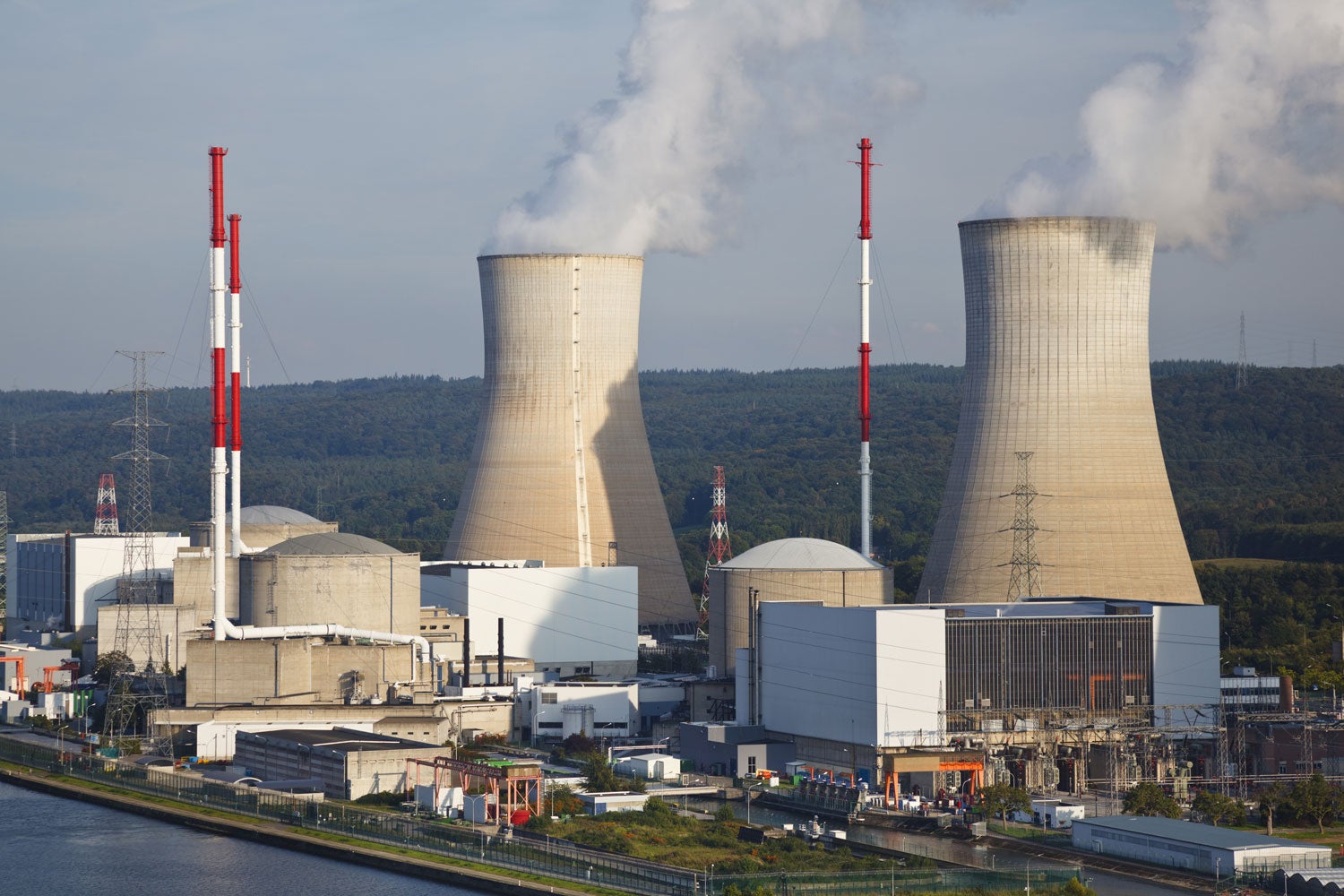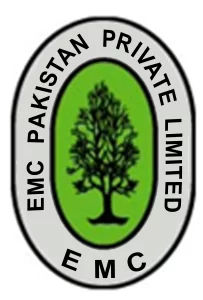Power
The power sector in Pakistan is a crucial component of its economy, providing essential energy for various sectors such as industry, agriculture, and households. However, the sector also faces significant environmental challenges, including air pollution, water pollution, and greenhouse gas emissions. To ensure sustainable growth and development, it is essential to prioritize environmental assessment and management practices.
For large-scale power projects, such as the construction of new power plants or transmission lines, an EIA is mandatory. This comprehensive assessment evaluates the potential environmental impacts of the project, including air pollution from emissions, water pollution from wastewater discharges, and impacts on biodiversity. For smaller-scale projects or activities, such as upgrades to existing power plants or the installation of solar panels, an IEE may be sufficient. While less comprehensive than an EIA, an IEE still requires a thorough evaluation of environmental impacts and the development of mitigation measures.
Key environmental concerns in the power sector include air pollution from power plants, water pollution from wastewater discharges, land use impacts, and biodiversity loss.
Once an EIA or IEE is approved, power project developers are required to develop EMPs. These plans outline specific measures to mitigate the identified environmental impacts, such as air pollution control, water treatment, land use management, and greenhouse gas emissions reduction.
Ensuring compliance with environmental regulations can be challenging due to limited resources and capacity. Increasing public awareness and involvement in environmental decision-making is essential. Investing in cleaner technologies can help reduce the environmental footprint of the power sector. Promoting sustainable development practices in the power sector can help balance the need for energy with the protection of the environment.
The power sector in Pakistan has the potential to be a sustainable and environmentally friendly industry. By prioritizing environmental assessment and management, implementing effective mitigation measures, and promoting sustainable practices, the sector can contribute to both economic growth and environmental protection.


